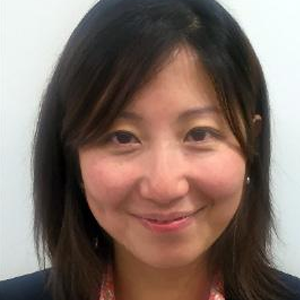Q&A with Jean-Philippe Gourdine
Tell us about your current career position.
For the past four years, I have been a postdoctoral fellow in biochemistry in Rick Cummings’ lab at Emory University. I work on the identification of leukocytic receptors for a family of glycan binding proteins, the galectins, using diverse tools — glycan arrays, affinity chromatography, Western blot, flow cytometry, confocal microscopy and inhibition experiments. I also help to supervise students and organize the lab. Prior to coming to the U.S., I completed my first postdoc in glycobiology in Anne Imberty’s lab at the National Center for Scientific Research in Grenoble, France. I also taught biochemistry and evolutionary biology at the University of the French West Indies and Guiana in Martinique and Guadeloupe, where I graduated with my Ph.D. in marine biochemistry and molecular biology in 2006.
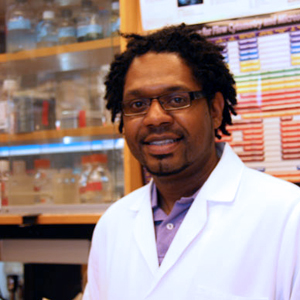
What are the key experiences and decisions you made that have helped you reach your current position?
Hard work, passion and human connections are the ingredients in my recipe for success. My passion for science made me explore the world as a young research scientist and teacher through an intellectual, geographical and human journey. While working toward my Ph.D. in Guadeloupe with professor Juliette Smith-Ravin (of the Université des Antilles-Guyane), I was lucky enough to spend part of that time being trained in protein biochemistry in London at Westminster University in professor Pamela Greenwell’s and Miriam Dwek’s labs and at Imperial College with the late professor Judit Nagy. During my research, I discovered codakine, a new marine C-type lectin of a marine bacterial-symbiotic bivalve, Codakia orbicularis. This discovery became the basis of my thesis and enabled me to complete my Ph.D.
While applying for postdoctoral positions in the U.K., Canada and the U.S., my British mentors, knowing of my enthusiasm for structural biology, advised me to apply for a position in Imberty’s lab in Grenoble. This advice was sound, and I spent the next year and a half (there doing) research and in Schoelcher, Martinique, teaching. Toward the end of this postdoc, I attended a conference on glycan binding proteins in Scotland, where I met Linda Baum from the University of California, Los Angeles, who advised me to apply to one of the best glycobiology labs in the world, and this is where I am currently doing my second postdoc. I have since moved away from molecular anthropology, a discipline I enjoyed a great deal. Indeed, I wanted initially to do a postdoc to study ancient and recent migrations in Africa, the Caribbean and the Americas using DNA from fossils and blood samples and immunoglobulin markers with Professor Eric Crubezy in Universite Paul Sabatier in Toulouse, France. But for now, I must satisfy my interest by simply following the research and summarizing scientific articles in this discipline in a French journal edited by an Egyptologist, Alain Anselin (Université des Antilles-Guyane and Cahiers Caribéens d’Egyptologie).
How did you first become interested in science?
Ever since I was a little boy, I have been observant and curious. Luckily, my mother saw potential in me and gave me my first magnifying glass when I was 4 years old. I started off small by observing the ants that lived in our front yard. I was fascinated to see them communicating with their antennas and the organization that existed within their colonies. I also turned to the stars at night. I wanted to be an astronaut, because the cosmos filled me with wonder and questions like “Where do we come from?” and “Are we the only ones in the universe?” Science certainly didn’t give me all the answers, but it gave me the best tools to understand the world. My sixth-grade biology teacher also had a very big impact on my interest in science. He amazed me with his lessons, showing me that science was involved in every aspect of our world’s existence and us. I am forever grateful for that magnifying glass my mother thought to get me when I was so young. Sadly, she never got to see the scientist that I would become, passing away before I completed my schooling. Not surprisingly, learning about the disease she died from (oligoastrocytoma/brain cancer) increased my interest in the research currently being done to find cures for cancer.
Were there times when you failed at something you felt was critical to your path? If so, how did you regroup and get back on track?
This happens whenever I take new steps in my career, like during my Ph.D. I usually ease up, take a break, go for a hike, a jog, listen to some good jazz with a glass of Bordeaux, or meditate and then come back with fresher ideas and more motivation. There is always a way to get back on track!
What advice would you give to young persons from underrepresented backgrounds who want to pursue careers in science similar to yours?
- Find your own heroes, no matter where they are from — get inspired!
- Know yourself, your good points and limits.
- Find a particular discipline in science that you enjoy — nothing can be done without motivation.
- Be a sponge to scientific knowledge — read, read and read.
- Be flexible: Remember the plasticity of your brain.
- Don’t be afraid to ask questions and meet people.
- If you want to succeed, don’t be afraid to fail: Ninety percent of trials end up with failure, but learn from it to get to the successful 10 percent.
- Last but not least, feel free to question your own answers. Be a critical thinker.
What are your hobbies?
I enjoy hiking, traveling, jogging, table tennis, listening to classical, soul music, jazz and old school hip-hop, writing poetry, reading about the history of science, debating with my black freethinker group of Atlanta, enjoying Science Café and trivia with my friends from the Atlanta Science Tavern in Atlanta.
What was the last book you read?
The last book I read was “The Age of Empathy” by a colleague from Emory, Frans de Waal. It deals with the discovery of one of the bases of morality in the primate world.
Advised by my girlfriend, I’ve started to read “The Ghost Map” by Steven Johnson, about the discovery of the cause of cholera in 18th-century London.
Enjoy reading ASBMB Today?
Become a member to receive the print edition monthly and the digital edition weekly.
Learn moreGet the latest from ASBMB Today
Enter your email address, and we’ll send you a weekly email with recent articles, interviews and more.
Latest in People
People highlights or most popular articles
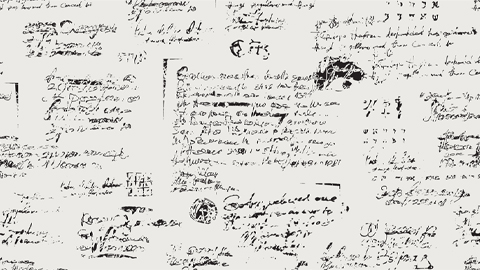
Notebook scribbles to synthesis pathways
The discipline Kendrick Smith learned as a musician helps him stay focused at the bench.
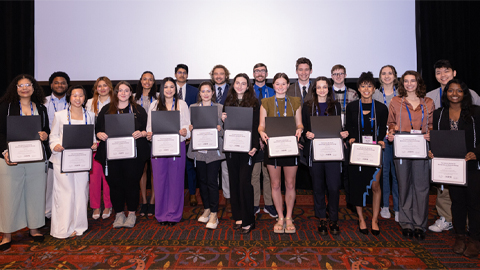
ASBMB inducts new honor society members
Chi Omega Lambda, which recognizes exceptional juniors and seniors pursuing degrees in the molecular life sciences, has 31 inductees in 2024.
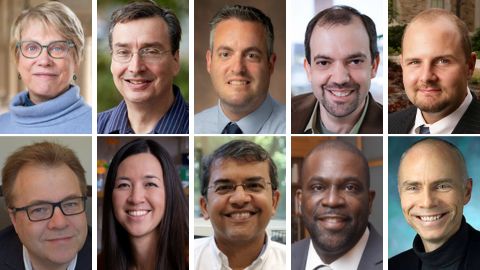
2024 voter guide
Learn about the candidates running for ASBMB Council, Nominating Committee, Publications Committee and treasurer.
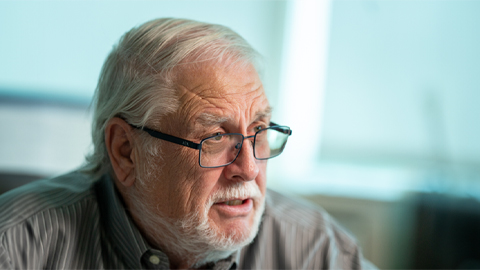
Charles O. Rock (1949 – 2023)
Colleagues and trainees remember a world expert in membrane lipid homeostasis.
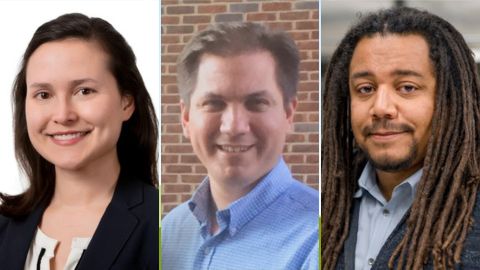
Honors for Clemons, Hatzios and Wiemer
Awards, honors, milestones and more. Find out what's happening in the lives of ASBMB members.
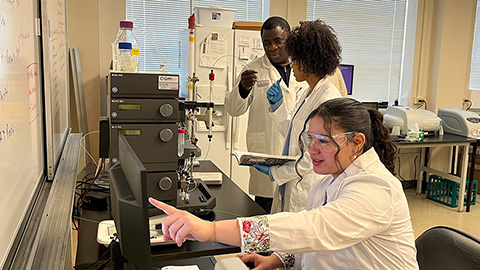
Touching the future from the bench
Scholar, scientist, teacher and mentor Odutayo Odunuga discusses the important roles of the institutional PI, his journey and his research.

